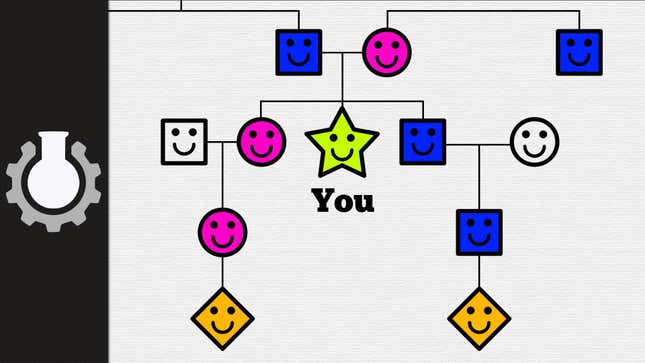Fair dinkum.

Use push up handles.

CGPGrey has an excellent video on the subject.
One big point for Nvidia vs. AMD, at least in the past several years, is the significantly lower power consumption for a given performance. Lower power gives lower heat gives lower noise.
Many of those in Europe and East Asia due to space constraints. All-in-one are not bad but separate dryer is better and if there is space that’s what you’ll typically see. None of this top loader stuff though. I’ve never been able to get my clothes as clean in a top loader, though I suspect that has more to do with…
I’d never seen a top loader until I moved to the US. They’re rather rare in Europe apart from some very small models. In my experience front loaders seem to wash better because the clothes are properly tumbled around. Also you can put your drier on top which saves space.
If you’re cheating, you’re ruining the experience for other players. In essence, you are stealing from them.
I’ve hand flown a Cessna 172 for 10 hours in one day (three legs). That was tedious but perfectly doable. In a big jet at altitude the handling is a whole other kettle of fish. So finicky!
Handflying at cruise altitude? Ouch. I’ve done in the sim a few times but that was only for a few minutes. Hours on end seems like torture.
Now that pilots are flying much longer stints, it’s used more often as a relief mechanism to sit back from the controls during long stretches at cruising altitude.
I find the fact that the MCU actually happened astounding. It was a huge investment over years and years, requiring a team to carefully guide it. In short-term Hollywood, and in a wider sense short-term corporate America, the odds were definitely not in its favour.
As mentioned by others, this is incorrect.

If any pop song became the Swedish national anthem, it would be Ulf Lundell’s Öppna Landskap, which captures the national mythos very accurately.
Cool connection: Dancing Queen had its first domestic live performance and the Royal Wedding Gala back in 1976.
Indeed. There’s a pilot saying which applies to this situation perfectly:
SpaceX rockets seems to go with the smaller engines but more of them philosophy, though.
In a helicopter you’re probably more interested in torque. I bet that turbine puts out a lot of torque. Also, it’s rather an old platform.




